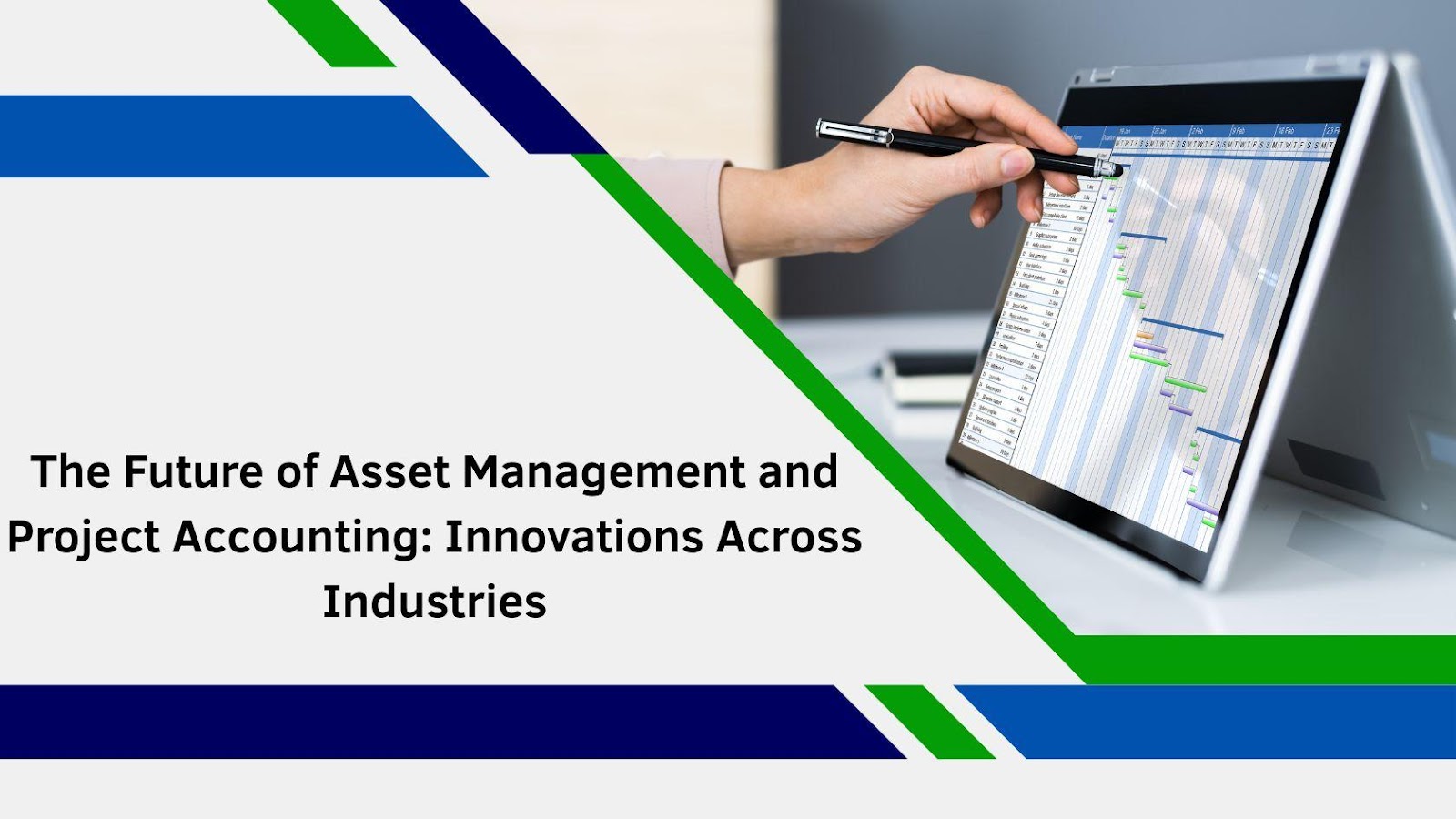In a world where technological advancements are driving organizational efficiency, Koteswara Rao Yarlagadda delves into the transformative impact of modern methodologies in fixed asset management and project accounting. His comprehensive research highlights the innovative approaches being adopted across various industries, revolutionizing asset management and project control systems. This article explores these advancements and how they are shaping the future of business operations.
Streamlining Construction Projects with Advanced Accounting Systems
Advanced accounting systems are revolutionizing the construction industry by addressing cost overruns and resource management. Tools like Work Breakdown Structures (WBS) and Earned Value Management (EVM) enable companies to segment projects, track progress, and align finances with milestones. Real-time performance tracking helps identify potential cost overruns early, improving financial forecasting accuracy. These innovations enhance project predictability, efficiency, profitability, and reduce operational bottlenecks, ultimately streamlining construction projects.
Enhancing Manufacturing with IoT and Real-Time Asset Tracking
The manufacturing industry faces unique challenges due to the complexity of its equipment and the volume of assets that need management. Recent innovations, particularly the integration of Internet of Things (IoT) technology, have transformed how manufacturers manage their equipment. Through real-time asset monitoring, manufacturers can track the performance and condition of machinery, ensuring higher operational efficiency and reducing unplanned downtime.
IoT-enabled predictive maintenance is a standout, allowing businesses to foresee equipment failures before they occur, significantly reducing maintenance costs and extending the lifespan of expensive assets. In addition, automated depreciation modeling has further simplified asset valuation and reporting, ensuring accuracy while saving valuable time. These technological enhancements have made asset lifecycle management smarter, more cost-effective, and streamlined.
Adapting Project Accounting for the Agile Technology Sector
The technology industry, with its rapidly changing development cycles and flexible revenue models, presents a unique challenge for traditional accounting systems. To address this, many tech companies have adopted agile-aligned project accounting systems that integrate financial tracking into short development sprints.
This approach allows for real-time budget monitoring and performance evaluation within each sprint, leading to better resource utilization and budget adherence. Additionally, the implementation of automated capitalization systems has simplified the classification of costs, enabling quicker, more accurate audits and compliance checks. The result is a more responsive financial environment where companies can scale efficiently, maintain accuracy in cost management, and reduce the time spent on administrative tasks.
Revolutionizing Retail Asset Management with Location-Centric Systems
Retailers face distinct asset management challenges due to the widespread geographic distribution of their stores and equipment. The advent of advanced tracking systems has enabled retail operations to manage their assets with greater precision. By organizing assets according to their store locations, retailers can analyze performance and resource utilization more effectively across various regions.
Furthermore, the integration of lease accounting tools has simplified compliance with new standards, reducing the complexity and time associated with managing leases across a large number of locations. These innovations, along with enhanced maintenance and tracking systems for point-of-sale (POS) equipment, have led to substantial cost savings and fewer disruptions in operations, making asset management in retail more efficient and less prone to error.
Navigating Financial Services with Compliance-Focused Asset Management
In the financial services sector, compliance and regulatory standards are paramount. Recent advancements in asset management and project accounting systems have focused on automating compliance workflows, ensuring that financial institutions meet the stringent regulations governing asset management. Automated approval processes, multi-regulatory reporting capabilities, and enhanced audit trails have streamlined operations, reducing the time and cost of regulatory reporting while increasing the accuracy and security of financial transactions.
These innovations allow for more agile responses to regulatory changes, providing financial institutions with the tools to remain compliant while maintaining operational efficiency. The adoption of such technologies underscores the industry’s commitment to accuracy, transparency, and security in its financial practices.
In conclusion, the evolution of fixed asset management and project accounting systems across industries showcases the transformative impact of technology. From construction to finance, innovative approaches optimize asset lifecycles, enhance resource allocation, and ensure compliance. These advancements drive efficiency, cost control, and precise forecasting, enabling sustainable growth and competitive advantages, as highlighted in Koteswara Rao Yarlagadda‘s research.



































